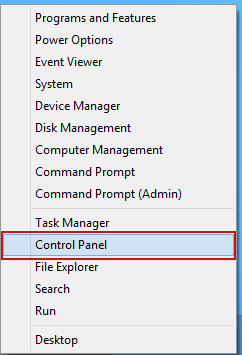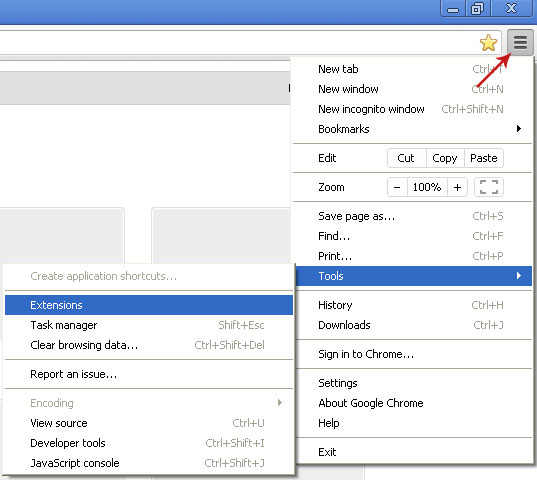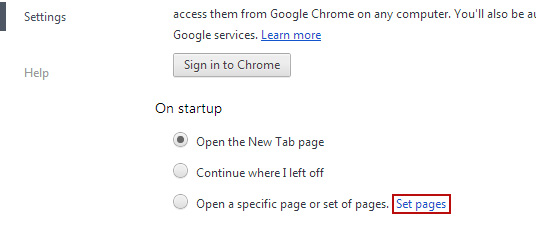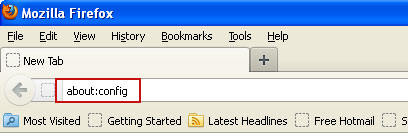Firstly, let’s take a look at what browser hijacking means: your browser is either the home page that you see when you log on to your computer or the search engine that you use (Google, Bing or Yahoo for example). Fairly self-explanatory; hijacking means the same as it does in the regular definition of the word: it is taking something over by force – so in this case, it is your computer’s browser that has been taken hostage. It overrides existing search settings and changes the default search providers in all web browsers. DnsBasic.com even creates a process which runs in the background of your computer and obviously may impact the performance of the system.
It’s a typical day, you log onto your computer and hit the internet icon; the first page you see is your home page, be it your PC’s default page or one that you’ve set yourself, such as your email login for a favourite news or sports website. You then decide to look something up on the internet – perhaps that new restaurant that you want to try out tonight – so you go to one of the search engines but they’re new and their site is not online yet and you get an error page. What’s my point, you ask? Well, the point is that because, as seen above, these three pages are browsers, they are also vulnerable to browser hijacking.
But what does this hijacker actually do? Someone who is hijacking your browser is ultimately taking control of how it works and is configured – this often takes the shape of a new toolbar. They might also change what you see on your home page. This is sometimes known as a ‘drive-by download’ because the tool bar is installed without you being any the wiser – computers with poor security or no antivirus software are particularly in danger of this. Dnsbasic.com for instance, won't hijack your home page but it will change the way you search directly through the address bar or omnibox in Google Chrome. Search results are mixed with good and poor quality links. I wouldn't recommend using this search engine, especially when you can use Google or Bing instead.
At first glance your new search engine provider might not look so sinister – surely it’s just providing you with some extra functionality, right? Wrong: your new super-helpful search engine is actually there to redirect you to websites that you otherwise would probably have not clicked on.
In the majority of cases the dnsbasic.com will have been installed by downloaded software or shareware even from an infected email.
Dnsbasic.com can be tricky to remove, even for the techy guy at your local computer repair store, as the technology behind them is increasingly sophisticated, so it stands to reason that prevention is better than cure. Please use the following removal instructions to remove dnsbasic.com from your computer. If you have any questions, please leave a comment below. Good luck and be safe online!
Written by Michael Kaur, http://deletemalware.blogspot.com
DnsBasic removal instructions:
1. First of all, download recommended anti-malware software and run a full system scan. It will detect and remove this infection from your computer. You may then follow the manual removal instructions below to remove the leftover traces of this browser hijacker. Hopefully you won't have to do that.
2. Uninstall DnsBasic from your computer using the Add/Remove Programs control panel (Windows XP) or Uninstall a program control panel (Windows 7 and Windows 8).
Go to the Start Menu. Select Control Panel → Add/Remove Programs.
If you are using Windows Vista or Windows 7, select Control Panel → Uninstall a Program.

If you are using Windows 8, simply drag your mouse pointer to the right edge of the screen, select Search from the list and search for "control panel".

Or you can right-click on a bottom left hot corner (formerly known as the Start button) and select Control panel from there.

3. When the Add/Remove Programs or the Uninstall a Program screen is displayed, scroll through the list of currently installed programs and remove DnsBasic application and also other applications you have recently installed. Go into 'Installed programs' and sort them by date.
Simply the application and click Remove. If you are using Windows Vista, Windows 7 or Windows 8, click Uninstall up near the top of that window. When you're done, please close the Control Panel screen.
Remove dnsbasic.com from Google Chrome:
1. Click on Chrome menu button. Go to Tools → Extensions.

2. Click on the trashcan icon to remove the DnsBasic extension.
3. Click on Chrome menu button once again. Select Settings.
4. Click Set pages under the On startup.

Remove dnsbasic.com by clicking the "X" mark.
5. Click Show Home button under Appearance. Then click Change.
Select Use the New Tab page and click OK to save changes.
6. Click Manager search engines button under Search.
Select Google or any other search engine you like from the list and make it your default search engine provider.
Select dnsbasic.com from the list and remove it by clicking the "X" mark.
Remove dnsbasic.com from Mozilla Firefox:
1. Open Mozilla Firefox. Go to Tools → Add-ons.

2. Select Extensions. Remove DnsBasic extension. Close the window.
3. In the URL address bar, type about:config and hit Enter.

Click I'll be careful, I promise! to continue.

In the search filter at the top, type: dnsbasic
Now, you should see all the preferences that were changed by Dns Basic. Right-click on the preference and select Reset to restore default value. Reset all found preferences!
Remove dnsbasic.com from Internet Explorer:
1. Open Internet Explorer. Go to Tools → Manage Add-ons.

2. Select Toolbars and Extensions. Remove DnsBasic Internet Explorer add-on.
3. Select Search Providers. First of all, choose Live Search search engine and make it your default web search provider (Set as default).
4. Select DnsBasic and click Remove to remove it. Close the window.
Remove dnsbasic.com (Uninstall Guide)
4/
5
Oleh
soni agus


